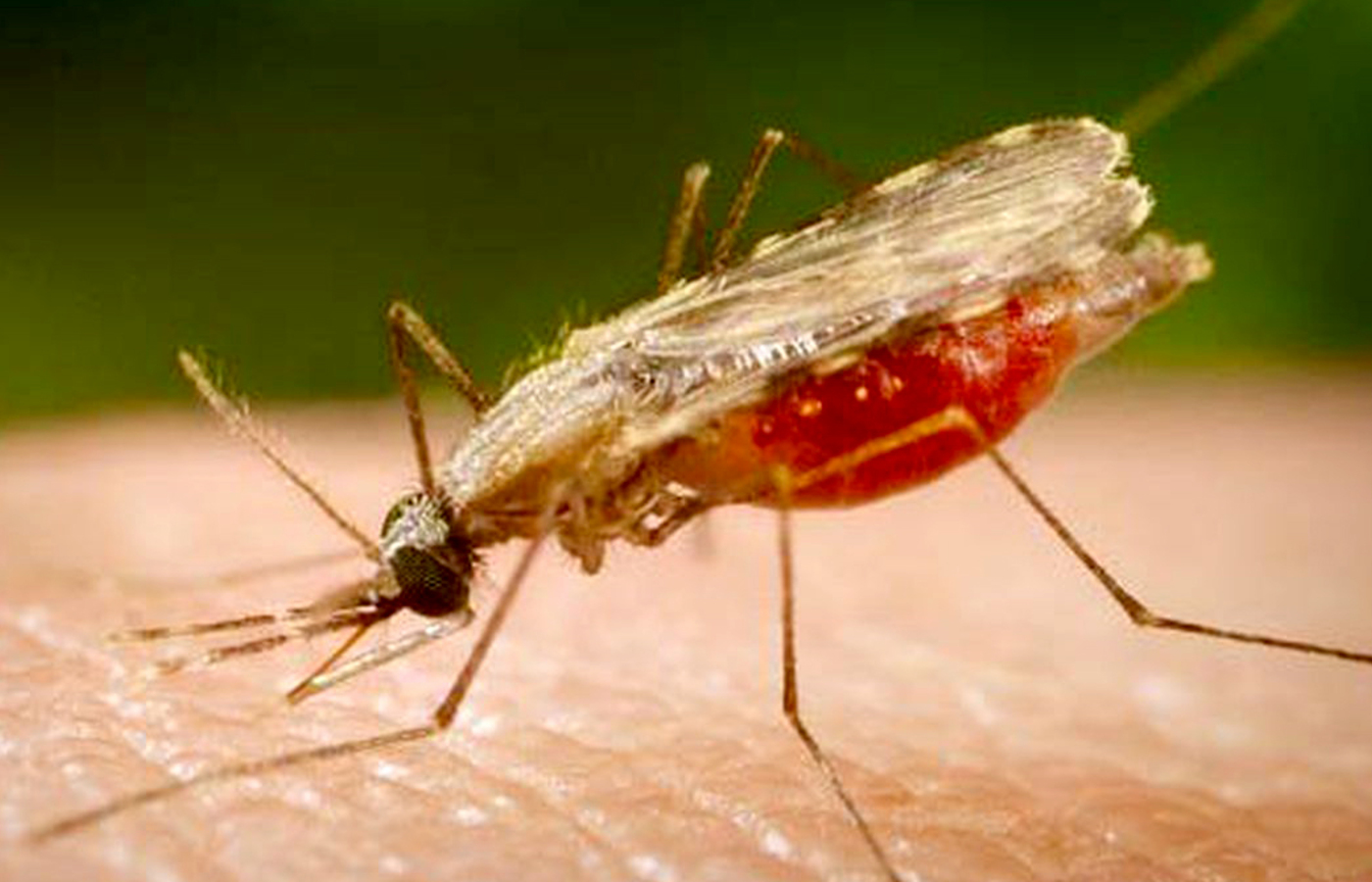Image: Disclosure Portal/Biology
Your browser does not support HTML5 audio
Audio (02:31 seconds)
New challenges for an old public health problem. Malaria is still part of the reality of Acre’s municipalities. In 2022, the state of Acre recorded more than 6,000 cases, according to data from the Ministry of Health obtained by CIVIP-Malaria. In the first three months of 2023, more than 1,500 cases were recorded. Military man Marco Nascimento Pinto Jr. was one of the people who contracted malaria and suffered from the disease. He says he fell ill as soon as he got to Cruzeiro do Sul for work.
“I woke up one day with a high fever, limping, and I couldn’t get out of bed, I couldn’t get up, it hit me. Still, I stayed there, three days in bed, no good, but they gave me medicine and I recovered, and after four days I was well.” I returned to normal activities.”
From January to March of this year, Acre recorded more than 450 authentic cases of malaria by P. falciparum. This type is associated with the most severe form of the disease. The figure represents an 84% increase in the number of cases of this type compared to the same period in 2022. For Cassio Petrca, responsible for the National Malaria Control and Prevention Program of the Ministry of Health, the fight against the disease must continue with the participation of the population, health professionals and managers.
“We have been able to reduce cases of Plasmodium falciparum and we need to move forward to achieve elimination of the species by 2030 and malaria by 2035 in the country. I think it is time to talk about major change, it is the moment when we need to work on elimination.”
Malaria is transmitted by the bite of an infected female Anopheles mosquito, also known as the Capuchin mosquito. The places chosen by the carrier to serve as breeding grounds are clean, shaded, low-flowing bodies of water, very common in the Brazilian Amazon. The Ministry of Health recommends adopting preventive measures against mosquito bites such as using mosquito nets, clothing that protects legs and arms, door and window screens, insect repellents, and allowing the worker to spray the house. When experiencing symptoms such as headache, body aches, fever and chills, it is necessary to quickly seek a health unit and get an examination. If it is positive, it is necessary to adhere to the treatment to the end, even if you do not have any other symptoms. Examination and treatment are free at SUS.
Let’s unite together to fight malaria!

“Wannabe internet buff. Future teen idol. Hardcore zombie guru. Gamer. Avid creator. Entrepreneur. Bacon ninja.”

